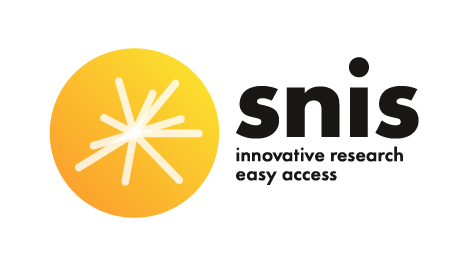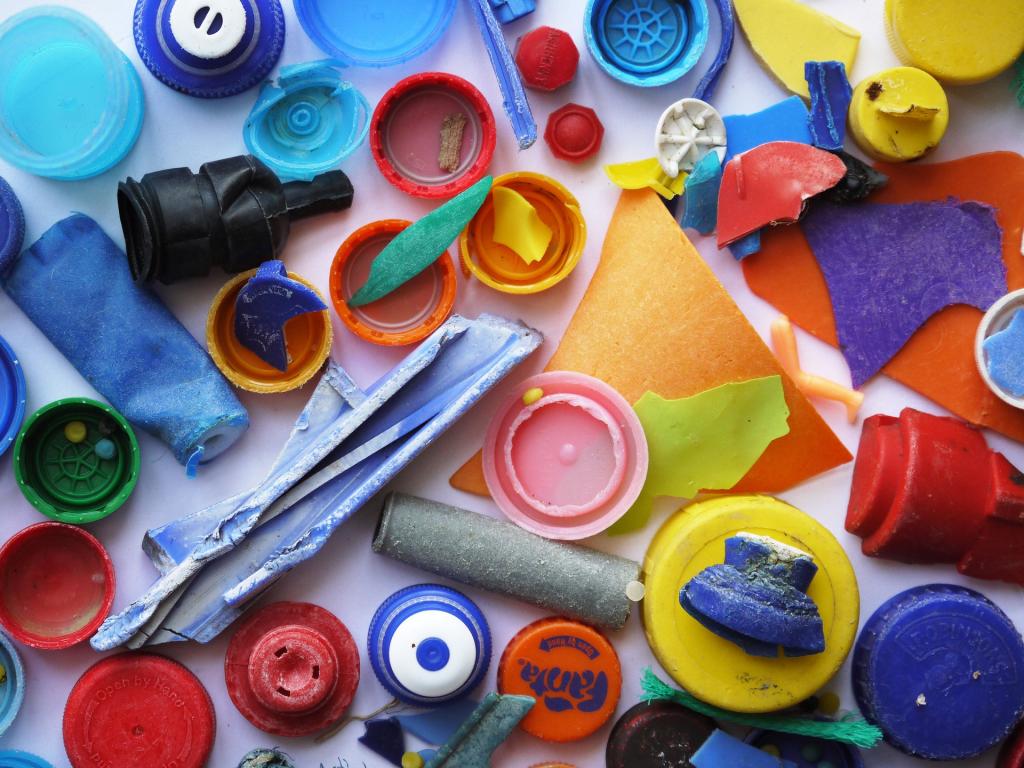The scale and impacts of plastic pollution on the world’s oceans and marine ecosystems has spurred numerous calls for international action. While a primary focus has been on marine litter, growing scientific evidence of the environmental and health challenges presented by microplastics has widened the scope of policy discussion to ‘plastic pollution’ more broadly.
Moreover, there is growing consideration of the the social, health and fiscal impacts of plastic pollution on land, including in developing countries struggling to manage a rising tide of plastic waste. Further, the export of plastic waste to developing countries; the enormous capacity gap when it comes to safely recycling or incinerating rising volumes of plastic waste; and the environmental and health impacts of plastic production across its life cycle are all gaining rising attention in policy discussions.
In this context, the many efforts underway to reduce, manage and clean up plastic waste are encouraging, as are efforts to spur innovation in alternative plastics and alternatives to plastic. Meanwhile, however, the use – and production – of plastics continues to grow. And yet, there is little attention among scholars or policy analysts on the strong economic and political forces that drive the expanding global plastics economy.
Responding to both a pressing policy need and a critical research gap, this multi-disciplinary, collaborative project aims to advance understanding of:
- the global political economy of growing plastic pollution, including global value chains for different types of plastics, the distribution of production capacity and employment, and the political responses of key stakeholders;
- neglected development dimensions of the global plastics economy and of strategies for its transformation;
- trade dimensions of the global plastics economy, including trade flows across the life cycle of plastics and the contribution that trade policy could make to international cooperation;
- the role of economic tools as part of international cooperation to reduce unsustainable plastic production and pollution, and transform the global plastics economy.
The project’s originality lies in its attention to a holistic approach to the life-cycle of plastic pollution — complementing existing work on downstream ‘waste’ issues with attention to upstream challenges related to plastic production and consumption — and to the neglected political economy aspects of promoting change.
Our project is the to convene a multidisciplinary group of leading experts from academia, international organisations and stakeholder groups to focus on the ‘supply side’ of plastic production and pollution at the global level. Hosted by the Graduate Institute’s Global Governance Centre, the project is implemented by a core team that includes experts from the Institute’s Centre for Trade and Economic Integration and Centre for International Environmental Studies, along with UNCTAD and four Swiss Universities: the University of Geneva, the University of Berne’s World Trade Institute, the Università della Svizzera Italiana (USI) and the University of Applied Sciences and Arts, Western Switzerland
This project’s core research output will be an edited volume of papers that will aim to map and set a research agenda on political economy of plastics investment, production and trade, as well as the similarly under-studied development and socio-economic dimensions of the plastics problem and potential solutions. To promote up-take of research findings in relevant international policy processes, the research outputs will include both research papers and policy briefs. These will be disseminated through a final public conference, a project website, and through the internet/social media tools of the project’s institutional partners and Expert Group members.
Timeline: September 2019 - August 2021
Funding organisation:




